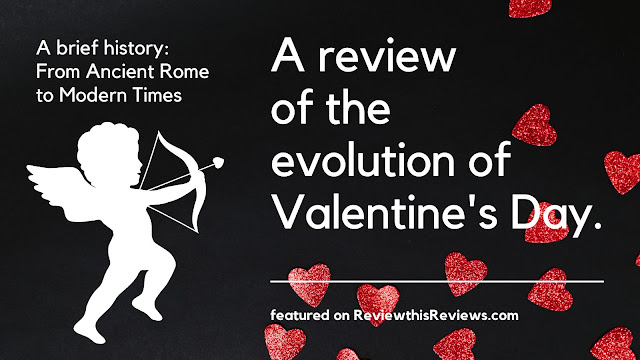As we all know, Valentine's Day is a holiday celebrated on February 14th each year. It is a day to express love and affection to those close to us.
Valentine's day has progressed into something almost unrecognizable from the debated time it became a thing.
Roman Festivals?
The history of Valentine's Day is not well-documented, but it is believed to have originated from ancient Roman festivals.
The Roman festival of Lupercalia, celebrated in mid-February, is thought to have played a role in the development of Valentine's Day.
This festival honored the gods Juno and Faunus and included the exchange of love notes and the pairing of couples through a lottery.
Christianize a Pagan Festival or to Honor St. Valentine?
However, Valentine's Day as we know it today is thought to have been influenced by the Christian Church.
One theory is that it was created to Christianize a pagan festival, while another suggests it was designed to honor Saint Valentine, a martyr who was executed on February 14th.
Saint Valentine was a Catholic priest imprisoned and executed for secretly marrying couples during a time when marriage was banned by the Roman Empire. He was later canonized as a saint, and his feast day was set on February 14th.
Gradually Becoming a Day of Celebrating Love
During the Middle Ages, Valentine's Day was celebrated as a day for exchanging love notes and gifts, similar to how it is celebrated today.
In the 18th and 19th centuries, Valentine's Day became more commercialized, and it was common for people to exchange gifts such as flowers, chocolates, and cards.
The Modern World Saw the Rise of Valentine's Day as a Day of Love in the Early 20th Century
Valentine's Day became popular in the United States in the early 20th century. During this time, Hallmark began mass-producing Valentine's Day cards, further popularizing the holiday.
While the history of Valentine's Day is not well-documented and is shrouded in mystery, it is clear that it has evolved over time to become a day for expressing love and affection to those close to us.
Whether it originated as a pagan festival, a Christian holiday, or a day to honor a martyred saint, it has become a beloved annual tradition celebrated worldwide.












































